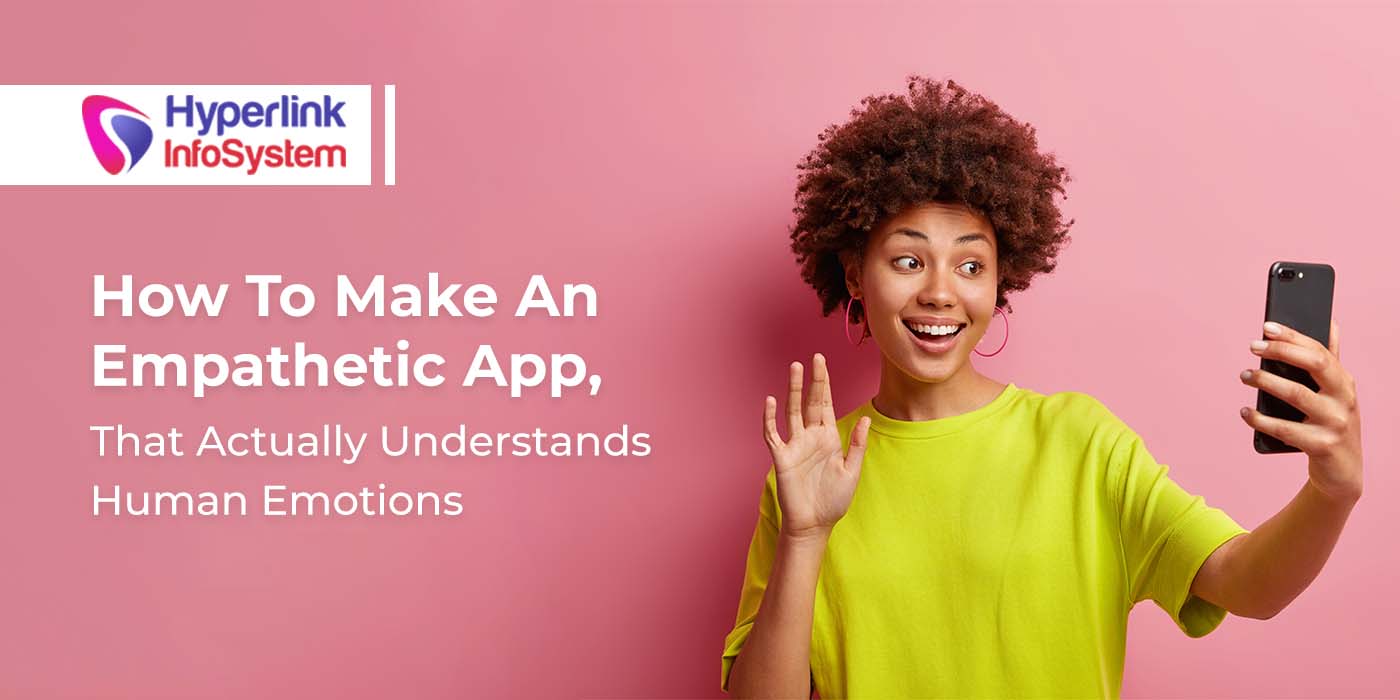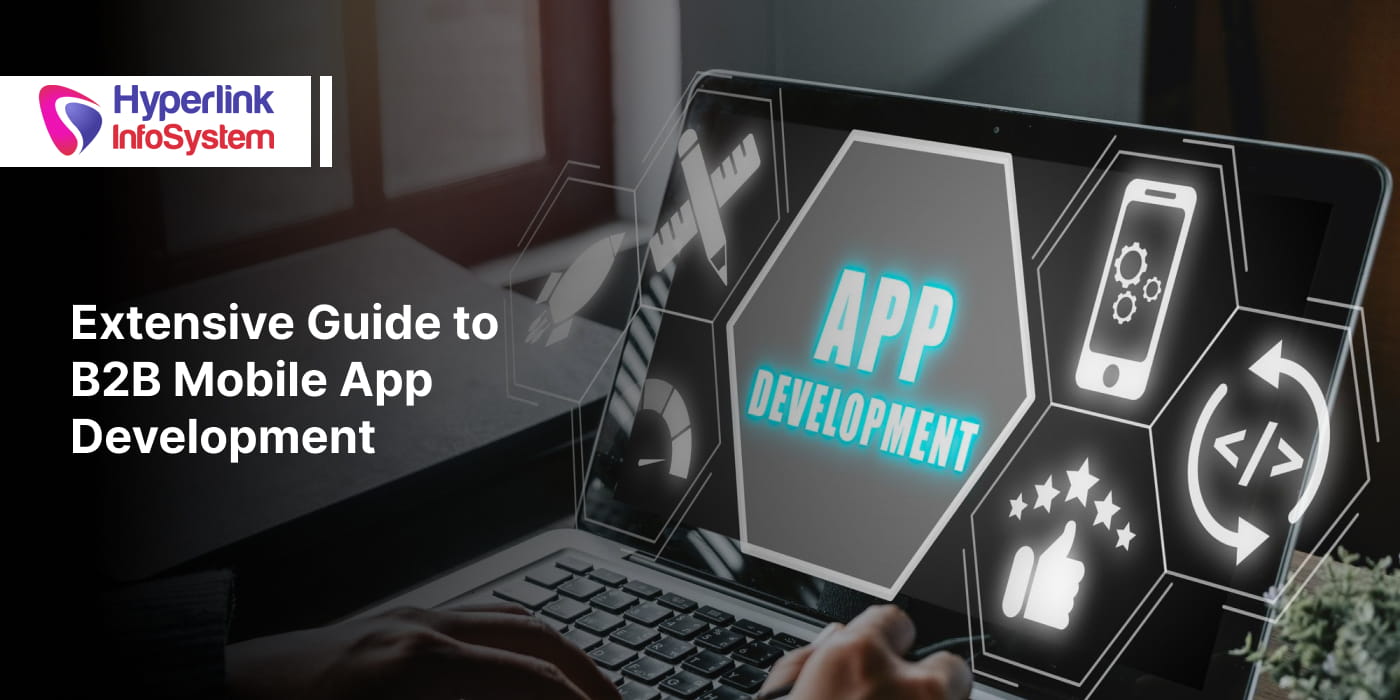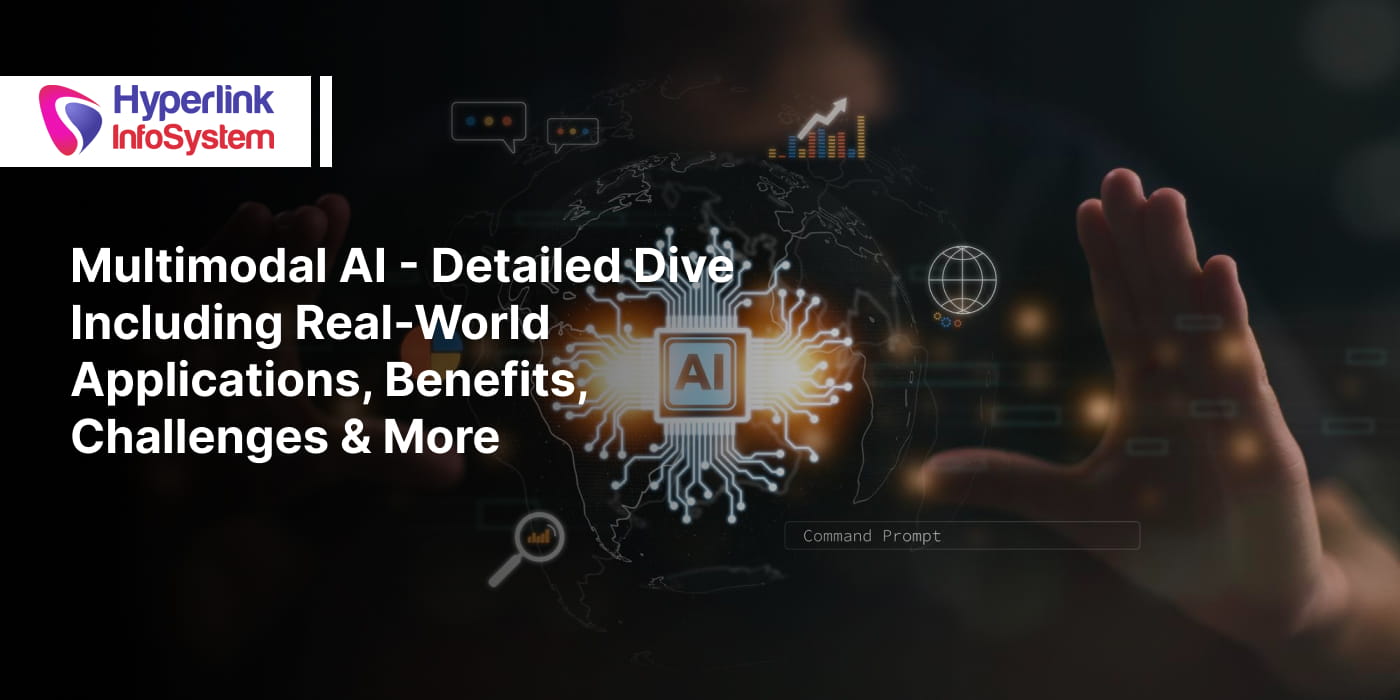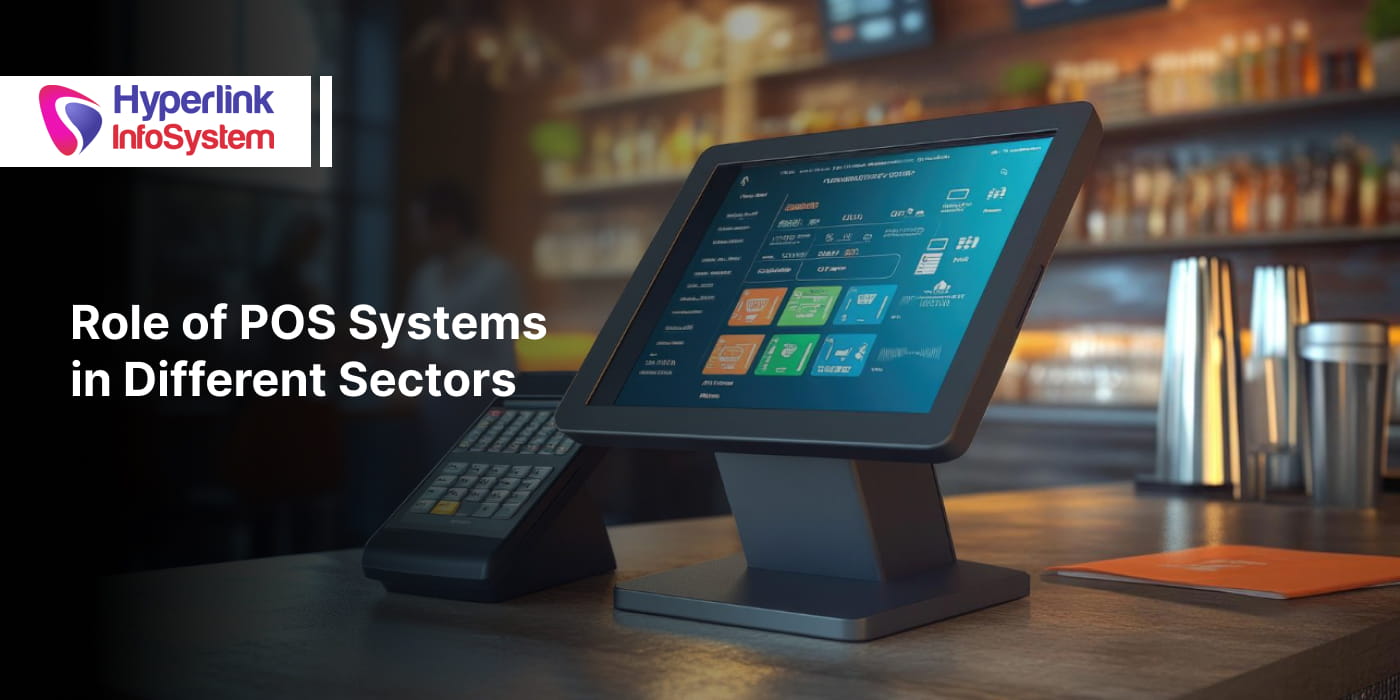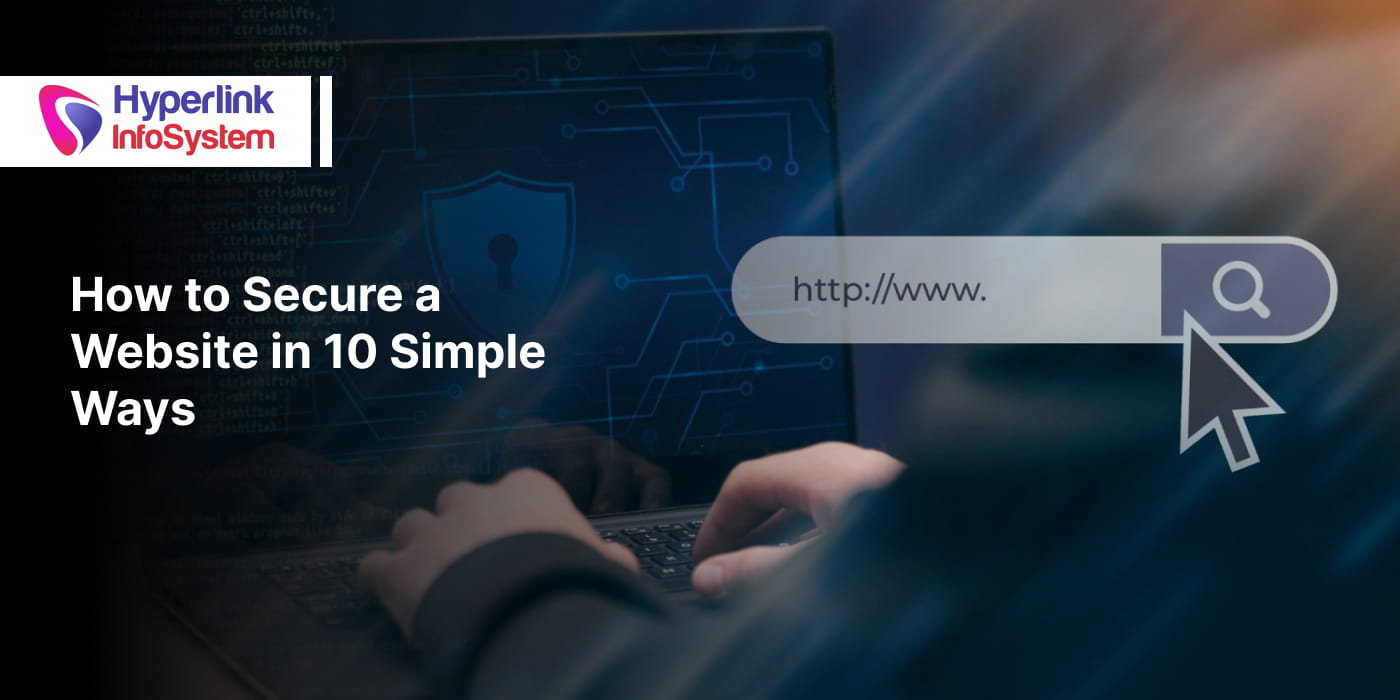Do you know what people hate the most? Being fake. But you already knew that. But here's the thing that you don't know. It's pretty easy for people to find out who's being fake and who's being genuine.
And like everything, it's always the actual behaviour that is applauded.
I suddenly started talking as a spiritual guru because I wouldn't say I like how these new self-help apps are operating these days. This is because people who develop these apps understand the algorithm of creating apps.
But what they lack is an understanding of human psychology.
This is important for you if you are building an app in the self-help/self-improvement industry.
- So, what is the problem with self-help apps in the first place?
- As you can read in the title, these apps don't really understand empathy.
Empathy, in its simplest form is "Your ability to put yourself in someone else's shoes and feel what they are feeling."
That's it. There is no talk about chakras or essential oils or whatnot. This is just pure unadulterated honesty.
The problem with apps is that they go through the same generic positive motivational stuff that is prevalent today. And here's the kicker. People who are actually in the target demographic do not like these fake apps.
People who will pay for the services of this kind of apps actually need real answers instead of some vague generic motivational poster with Elon Musk's face attached to it.
If only there were an article online that could help you create an app built around empathy.
Yes, I see that you're smiling. Read on to know more.
1) Stop FORCING Positivity Every Time
Yes, there is a thing called toxic positivity. Yes, it exists. The thing with most apps by
mobile app developers is that the creators don't realize that there needs to be a healthy balance between the negative and positive feelings in an individual.
Ups and downs are a part of life.
If we try to force positivity on someone, then here's a list of things that can happen.
- They will grow an unhealthy amount of obsession with feeling happy.
- Any negative feeling will be considered as a threat to their identity.
- Healthy criticism will be shunned as it will be considered negativity.
- Emotionally, these people will end up becoming weaker due to using these kinds of apps.
- They will associate their success with just feeling happy.
- They will skip out on the important aspects that include building correct values.
These are just a few of the things that can happen if we constantly focus on positivity all the time. Doesn't look pretty, does it?
- And what do most of these apps focus on?
- Making their customers feel happy all the time. No wonder mental health issues are rising.
- Their entire notifications are full of jargon that makes no sense. Anybody with 2 brain cells to rub together will understand what major problems this can lead to.
So, what should your app do instead?
Validate your customer's feelings. You must make sure that your customer realizes that just feeling bad isn't the same as being bad. In this case, real empathy makes them feel secure about their FUTURE instead of buttering their present.
This is where real tangible growth actually happens.
"Yesterday is a history, tomorrow is a mystery, but today is a gift. That is why it's called a present."
-Master Oogway
Anxiety happens most of the time due to a fear of the future. No amount of wise quoting will fix that up. Your app should tell the difference between negative experiences from varying perspectives.
For example: "Hey Amit, it's okay to take a break if you're tired. But if you're on a deadline for a high priority project, then why not work just a little more and take a long break after its done?"
Do you see that? That's called speaking like a human. And I don't know about you, but most people are dying to have a companion like that in their lives. And now imagine the revenue that you could make by just giving people an app like that.
2) Genuinely Try To Help Them
A lot of apps in the mental health industry are hollow apps. From the outside, it looks as if they are useful, but they end up causing the same damage that we discussed earlier.
- Why is that? Because they care about making a profit.
- This is why their clients jump from app to app to get high on the dopamine train instead of getting a clear answer for their problems.
So how do you fix that?
By actually providing them with a lot of value. Just think if you create an app that not only understands the user's problem but actively provides consultation with learned professionals at a cheaper rate? What if your target focuses your demographic with age, gender region and even pop culture references. And then actually commit to providing them so much value that they have no option but to choose you over others.
But you know why most people cut back on this?
Because it is hard, creating an app that can have a tangible positive impact on vulnerable people is very difficult. And implementing those changes is a nightmare in its own right. But if you can create an app that's so good, people will not be able to ignore you.
And that is how the money will rain.
Conclusion
This article was slightly different from our previous articles on app development. I created this change because we have to understand human emotions to make an app that can understand humans.
